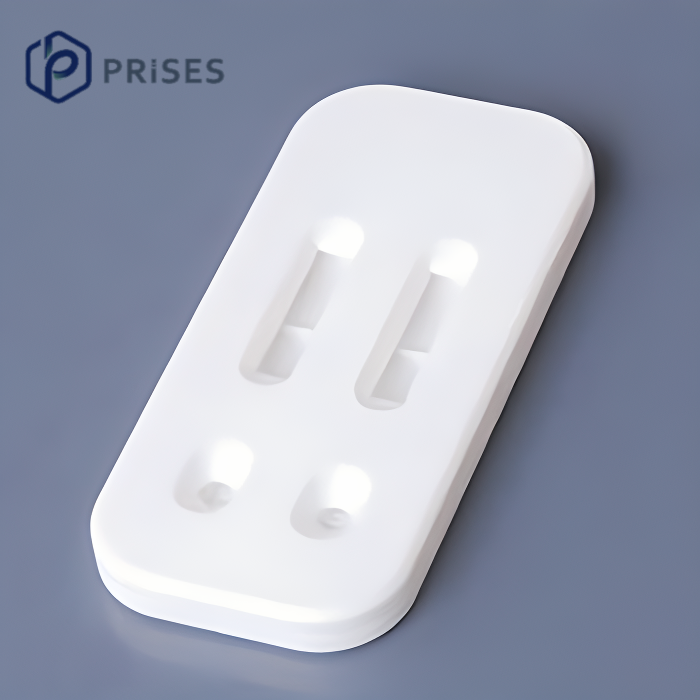Aug . 13, 2024 01:26 Back to list
Affordable Bulk Pricing for Dengue Rapid Test Kits from Trusted Suppliers Worldwide
Understanding the Price Dynamics of Wholesale Dengue Rapid Test Kits
Dengue fever, a mosquito-borne viral infection, has become a significant global health concern, particularly in tropical and subtropical regions. As outbreaks continue to pose threats to public health, the demand for rapid diagnostic tools, such as dengue rapid test kits, has surged. The accessibility and affordability of these test kits play a pivotal role in timely diagnosis and management of the disease, thus highlighting the importance of understanding the wholesale pricing dynamics.
The Importance of Rapid Testing
Rapid test kits have revolutionized the way dengue is diagnosed. Traditional laboratory tests often involve complex procedures and longer turnaround times, which can delay treatment and heighten the risk of severe illness. Rapid tests, on the other hand, can yield results within minutes, allowing for quicker clinical decisions. This efficiency is particularly vital in resource-limited settings where access to sophisticated medical infrastructure is constrained.
Factors Influencing Wholesale Prices
The wholesale price of dengue rapid test kits is influenced by several factors
1. Production Costs The manufacturing process for rapid test kits involves various components, including antibodies, antigens, and other materials. Fluctuations in the prices of these raw materials can directly impact the wholesale price. Producers must also invest in research and development to ensure their products meet regulatory standards, which can add to production costs.
2. Regulatory Approval Obtaining approvals from health authorities can be a lengthy and expensive process. Test kits that meet international standards (e.g., WHO prequalification) tend to be more expensive due to the rigorous testing and validation they undergo. However, such certifications also instill confidence in consumers, potentially allowing suppliers to command higher prices.
wholesale dengue rapid test price suppliers

3. Market Demand The demand for dengue rapid test kits varies based on seasonal outbreaks and geographical locations. During peak dengue seasons, the demand skyrockets, often leading to price increases. Suppliers closely monitor epidemiological data to adjust prices accordingly, ensuring that they can meet the market's needs without compromising quality.
4. Competition The market features a variety of suppliers offering dengue rapid test kits. Increased competition can drive prices down, as manufacturers seek to capture market share. However, the presence of both established brands and emerging companies means consumers have a choice, which can lead to price variations.
5. Distribution and Logistics The supply chain significantly impacts wholesale pricing. Efficient distribution channels can lower costs, while logistical challenges—such as transportation issues in remote areas—can raise prices. Suppliers must navigate these challenges to ensure their products are available where they are needed most.
Finding the Right Supplier
For healthcare providers and organizations looking to procure dengue rapid test kits, it is crucial to identify reliable wholesale suppliers. They should consider factors such as product quality, certification, pricing, and the supplier's ability to deliver consistently, especially during peak demand periods. Engaging with suppliers who have a strong reputation and a proven track record can ensure that healthcare facilities are well-equipped to handle potential dengue outbreaks.
Conclusion
As the global fight against dengue continues, the availability and affordability of rapid diagnostic tests will remain critical. Understanding the intricate web of factors that influence wholesale prices helps stakeholders make informed decisions, ensuring that these essential tools are accessible to those in need. By fostering collaboration between manufacturers, suppliers, and healthcare providers, the collective goal of timely and effective dengue management can be achieved, ultimately reducing the disease's impact on communities worldwide.
-
Dengue NS1 Rapid Diagnostic Test Kit
NewsMar.07,2025
-
Dengue NS1 Rapid Diagnostic Test Kit
NewsMar.07,2025
-
Dengue NS1 Rapid Diagnostic Test Kit
NewsMar.07,2025
-
Transferrin Rapid Test Cassette Tumor Marker TF Card
NewsMar.07,2025
-
Malaria Pf Pan Rapid Diagnostic Test Kit
NewsMar.07,2025
-
malaria pf / pan ag rapid test
NewsMar.07,2025

